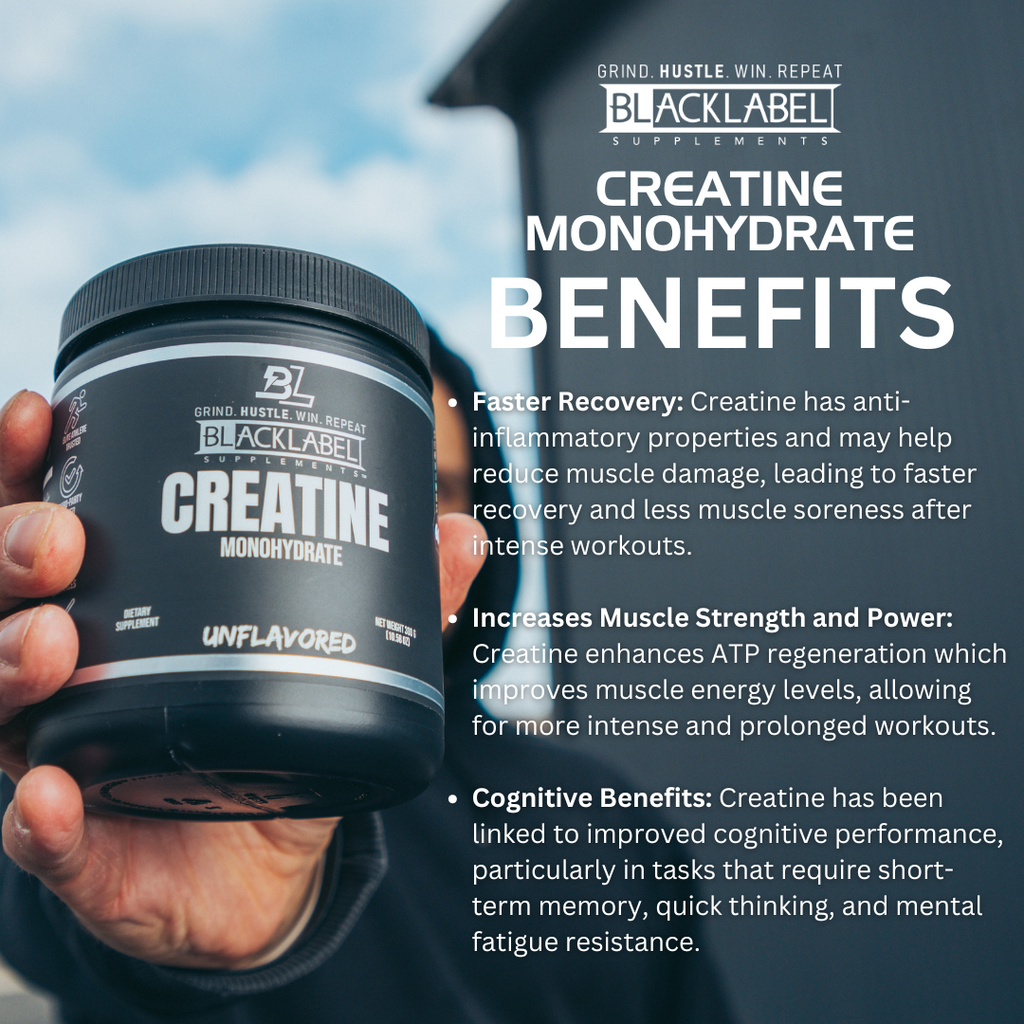9 Easy Facts About Creatine Monohydrate Shown
9 Easy Facts About Creatine Monohydrate Shown
Blog Article
Some Known Facts About Creatine Monohydrate.
Table of ContentsEverything about Creatine MonohydrateSome Known Factual Statements About Creatine Monohydrate Some Ideas on Creatine Monohydrate You Should Know
The writers acknowledge a threat of bias with the research styles due to a need for more quality over randomization with virtually all studies consisted of. Just three of the nineteen researches thoroughly outlined the analysis of VO2 max.
If weight gain with fluid retention is a problem, quit taking creatine 1-2 weeks prior to racing to balance out liquid retention while retaining increased creatine stores. Some individuals experience intestinal pain when taking creatine, such as bloating, cramping, or diarrhea.
It's recommended to use it in powder kind. Concerns about the long-term results of creatine monohydrate supplements on kidney (kidney) function have been raised. Researches done by the International Culture of Sports Nutrition and Sports Medication show that temporary and lasting use creatine monohydrate within advised dosages does not risk kidney function in healthy individuals.
6 Simple Techniques For Creatine Monohydrate
None of the research studies checked out triathletes. The damaging effects reported in the studies associated with weight gain. As discussed, a lot of the look at here now studies made use of a higher-dose loading protocol (20g+/ day) in a short duration that can be countered and prevented via a lower dosage (such as 5g/day) for a prolonged duration.

Let's look at the major advantages of creatine monohydrate. There is solid, trusted research showing that creatine boosts health and wellness. Impossible evidence sustains raising lean muscle mass, increasing stamina and power, adding reps, reducing time to exhaustion, boosting hydration status, and profiting mind health and feature. Every one of these benefits will incrementally compensate your health and improve your "healthspan" as you age.
The bulk of creatine is stored in the skeletal muscular tissues in a type understood
as phosphocreatine, or creatine phosphate. Creatine help in the manufacturing of adenosine triphosphate, or ATP. Even if they never raised a barbell, they 'd still profit from creatine supplements.
Report this page